In Summary,there is no index which can offer good performance ,if you are storing the data in a comma seperated list.
Even though you use like condition,SQL can accurately guess string statistics if there is an index on the column provided the string is less than 80 characters.if string exceeds 80 characters it will take first 40 and last 40 characters to create statistics on this string column.Other than this ,you are not having any advantages with the way you are querying data using like and storing it..
Demo:
create table
#test
(
id int,
langspoken varchar(100)
)
insert into #test
select 1,'en,fr,ger,en_us'
union all
select 2,'en,fr'
go 100
create index nci on #test(langspoken)
select * from #test where langspoken like '%fr%'
now lets see estimates :

Further,if you are not able to store data in a delimited way,accurate way to query data is like below using one of the string functions from here..
create table
#test
(
id int,
langspoken varchar(100)
)
insert into #test
select 1,'en,fr,ger,en_us'
union all
select 2,'en,fr'
select * from #test t
cross apply
dbo.SplitStrings_Numbers(t.langspoken,',')
where item='en'
